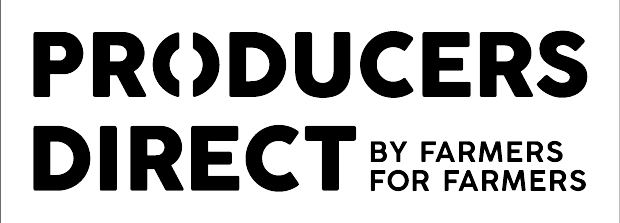I took up beekeeping thanks to a training opportunity offered by Cenfrocafe. I really enjoyed it and became very passionate about bees. I decided to take up beekeeping as an additional activity on my farm because I believe in always developing my skills. I started with three bee hives, and after two years had 15 hives. Right now, I have 35 honey-producing hives. Aside from keeping bees, I grow coffee and I am part of the reforestation project here in Cajamarca, Jaén. I keep domestic animals too.
I started with three bee hives, and after two years had 15 hives. Right now, I have 35 honey-producing hives.
Beekeeping is a short season and high-value business making it a profitable venture for farmers. For one to produce a crop like coffee for example, a farmer needs at least two years. To get honey on the other hand, a well-trained bee farmer needs only 6 months and they can begin to harvest honey.
I invest a lot in beekeeping, and it’s not just because I have a lot of experience as a producer, but because I make sure that I’m always learning. For me, beekeeping is great especially in a place like this where there’s an abundance of flora, it is like a paradise with the potential to produce high quality honey, so what we need is more hives because we can harvest a lot of honey here.
Beekeeping is great especially in a place like this where there’s an abundance of flora, it is like a paradise with the potential to produce high quality honey…
I am grateful for the training opportunities I’ve had that continue to help me grow as a farmer. Because of the knowledge I have on bee farming, I know that this is a profitable business for me. I also know that beekeeping compliments other agricultural activities as it helps in pollination and honey has many health and nutritional benefits. Beekeeping provides a lot of benefits. Bees have a very important role in pollinating the flowers that already exist and I’ve learned that while honey is produced all over the world, there’s a great diversity of flowering plants which provide nectar and pollen for bees. Apart from honey, there are other beehive products that bee farmers harvest. I produce honey, wax, pollen, propolis, jelly and apitoxin – which is the poison of bees that are used in countries like Korea and China.
Through training from the Universidad Agraria La Molina in Lima and by working with the Peru Inka industry, I have learned how tomake my own branded products from honey and other beehive products like facial cream, soaps and shampoos. This has been one of the greatest experiences of my life. As chairman of my local organisation, I am working on a project that runs until the end of 2022 and together with my cooperative, we are working to expand into international markets in the middle east. Our plan is to see beekeepers in the Cajamarca region sell their honey to international markets.
Our plan is to see beekeepers in the Cajamarca region sell their honey to international markets…
Bees may be small creatures, but they play a very important role. As a beekeeper, one needs to dedicate their time and be passionate about this business, and constantly attend training sessions to learn more about bee farming and to develop skills in this industry. I think it is important to leave something for our children and grandchildren. If God gives us life, it is important to live in harmony with nature. We’ve all experienced the sudden climatic changes all over the world, and I believe with reforestation and beekeeping we can play a part in contributing to protecting our land and our planet. I encourage other farmers to try bee farming, because it is a profitable business that also contributes to environmental protection.




